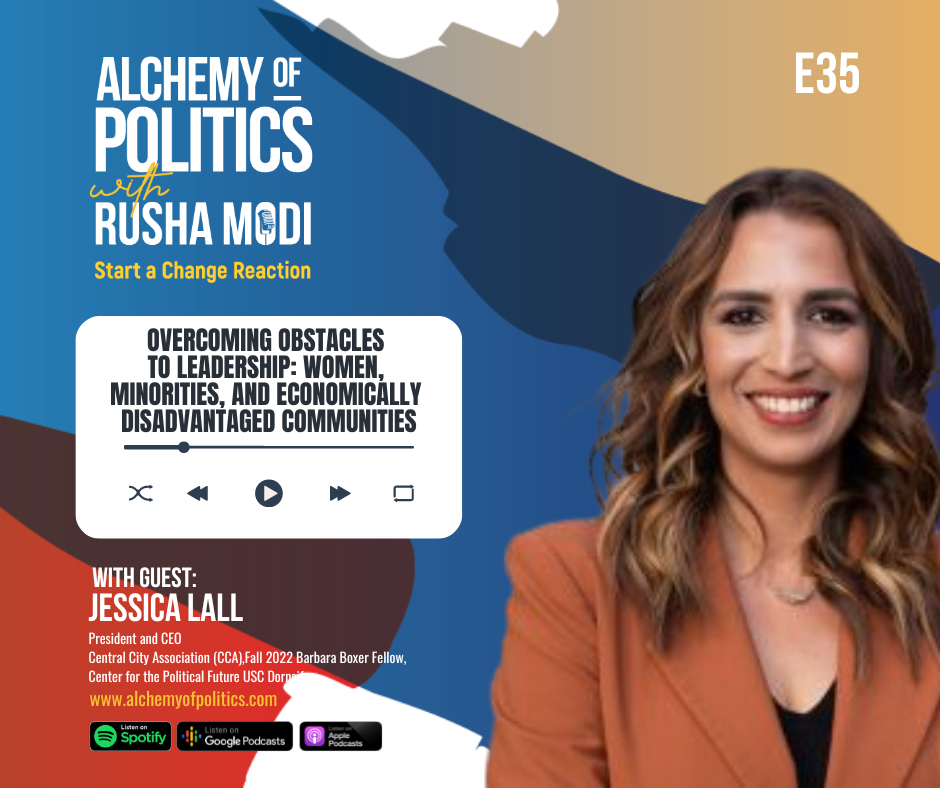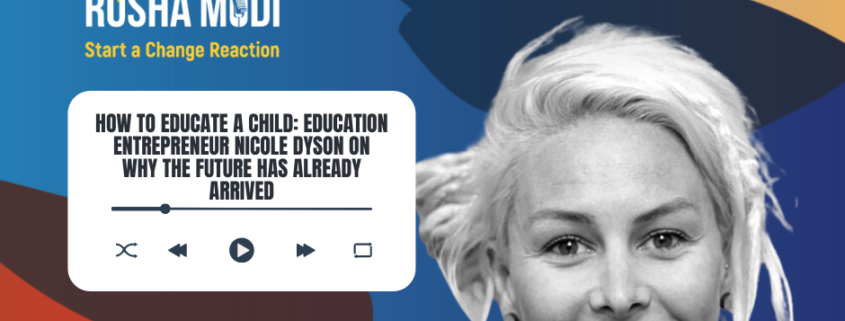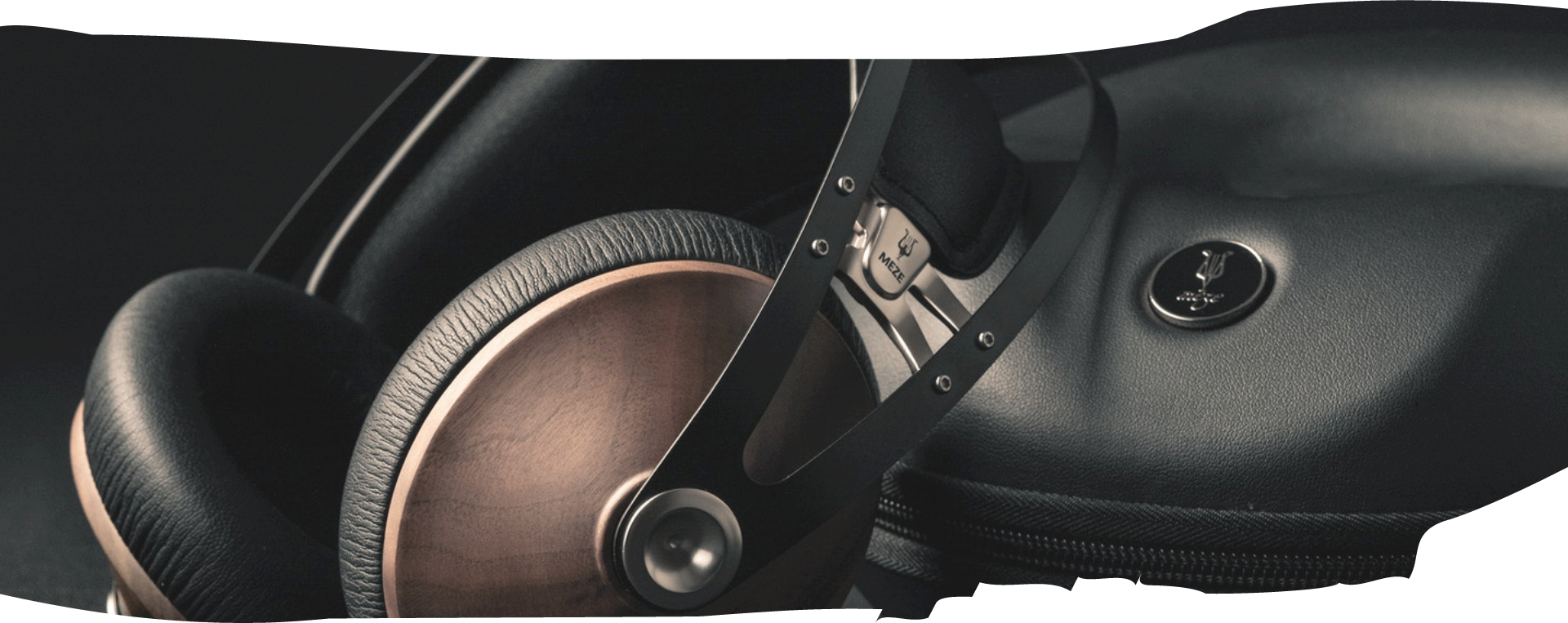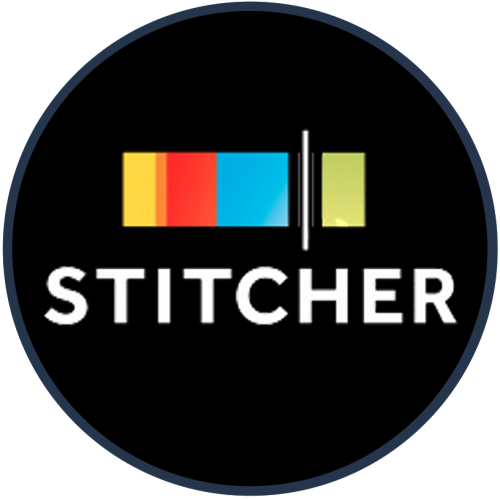In this episode, Rusha interviews Nicole Dyson, who describes how she uses inquiry-based learning in her classroom to help students understand and remember the material. Inquiry-based learning is a future-focused approach to a curriculum where students are engaged in hands-on projects that allow them to explore their passions and develop their skills. Nicole explains many barriers to scaling inquiry-based learning, including the assumption that teachers know how to design this type of curriculum. The biggest challenge is that schools and systems invest in professional learning but not the capacity building necessary for teachers to implement inquiry-based learning.
Key Highlights:
[00:45 – 05:47] – Opening segment
- Rusha introduces Nicole Dyson
- Nicole shares her story
[05:47 – 11:38] – Staying relevant as an educator
- Nicole stresses the importance of making education purposeful for students
- It takes time and effort to build trust with students
- Educators should ensure that learning is contextual for their students
[11:38 – 18:24] – Making a difference in the classroom
- Nicole shares some early mistakes she made and two rules she created as a result
- Progress takes time and consistent effort.
- Simplifying your expectations is key
[18:24 – 26:14] – Maintaining control in the classroom
- The assessment may be mandated, but the way you get there is up to you
- You should be open to reimagining the learning experiences that you’re providing
[26:14 – 30:51] – Preparing your student for the future
- The future is changing rapidly and you should make sure your students are prepared.
- Critical thinking, problem-solving, creativity, and innovation will be important in the future of work
- Educators will need to develop the skills necessary to help young people navigate this future.
[30:52 – 37:47] – Traditional Teaching vs. Project-Based Learning
- Nicole and Rusha discuss the differences between traditional teaching and project-based learning
- Nicole stresses the importance of ensuring that educators help students learn the application of knowledge
[37:47 – 44:37] – Inquiry Based Learning
- Nicole introduces a method of learning that allows students to ask questions and explore differently
- Nicole discusses the plan for implementing this method with schools and systems
[44:37 – 51:10] – Giving students autonomy
- We should be empowering students to love learning
- Helping students increase their capacity for learning is vital
- Inquiry-based learning supports this
[51:10 – 52:15] – Closing Segment
- Actionable tips to help educators make an impact in their classroom
- Nicole’s vision of the education system in the future
- Avoiding a “beige” experience
- How to connect with Nicole Dyson at futureanything.com
CRAVING MORE?
What are you waiting for? Head to Alchemy of Politics; join the conversation and start a change reaction! Follow us on Instagram and Tik Tok.
You can connect with Dr. Rusha on LinkedIn, Instagram, Facebook, and Twitter.
Thanks for tuning in! If you liked my show, LEAVE A 5-STAR REVIEW, like, and subscribe!
Share it with your friends, and family, and spark a conversation. Contribute, comment, and disagree.
Remember: Solutions, not shouting.
Tweetable Quotes:
Nicole Dyson – “Even if the end might be something that you can’t control, the way you get there is entirely up to you.”
Nicole Dyson – “Most teachers, all we know how to do is teach to the test. We haven’t necessarily [increased] our capacity as educators … to navigate the shift the pedagogy needs to make.”
Rusha Modi – “We really should be trying to activate this joy of learning”
If You Enjoyed this Episode, Please Check Out.

Episode #35 – Overcoming Obstacles To Leadership: Women, Minorities, and Economically Disadvantaged Communities with Jessica Lall
Jessica Lall on the LA Mayoral Race of the City of Angels, City of Leaders, She […]




 Spotify
Spotify
 Stitcher
Stitcher








